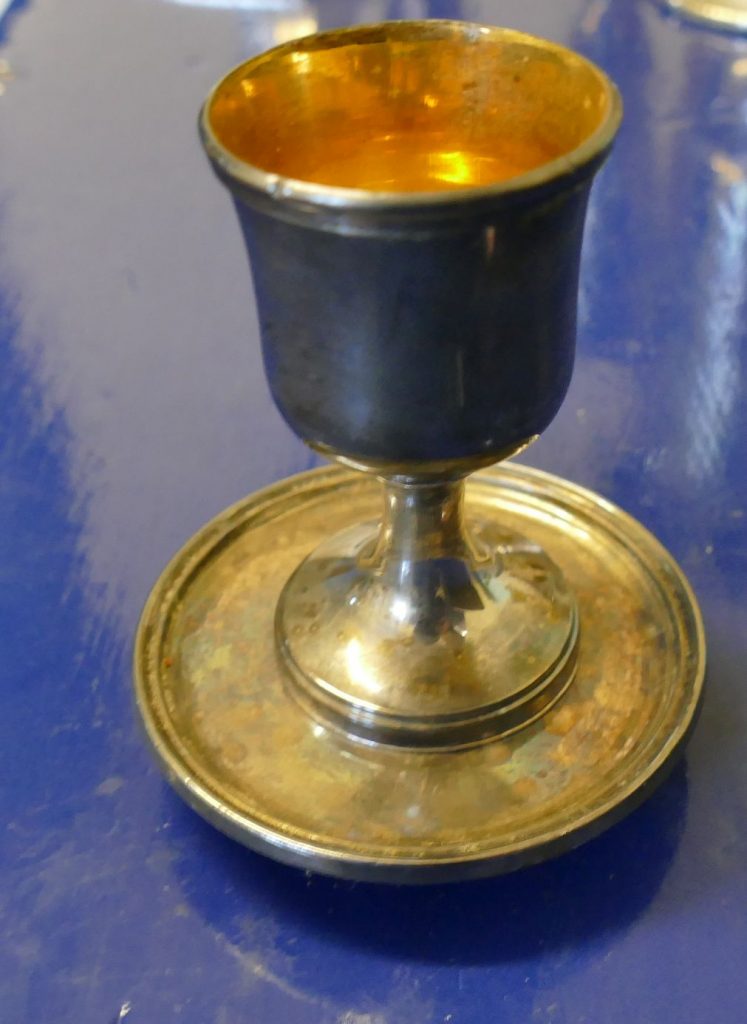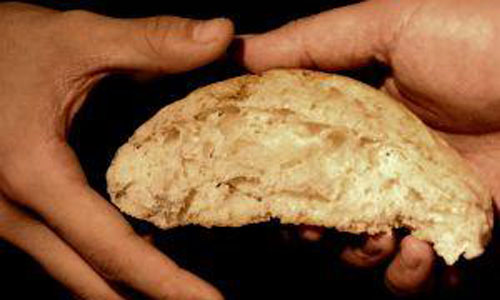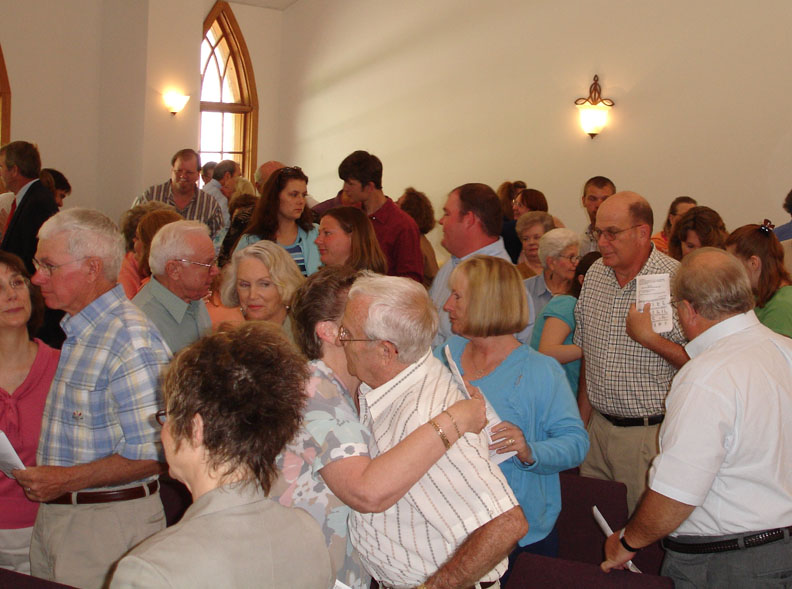Today’s hymn
from Sing Praise is “I come with joy, a child of God” by Brian Wren. Two tunes
are offered: I know this hymn better to the first, “St Botolph”.
It is in
fact a communion hymn, so might better have been picked for a Sunday. But then,
there is in the Catholic tradition a custom of receiving communion, or at least
attending Mass, daily, if one’s life circumstances permit. Certainly what we do
in church on a Sunday should stay with us through the week, so this celebration
of what the sacrament means to us can be sung at any time.
The first two
verses begin “I come…”, a reminder that we should come prepared for the sharing
in the bread. Firstly, at a personal
level, in the words of the hymn recalling the life of Jesus laid down in love,
by which I am “forgiven, loved and free”, thus I come with thankfulness. And then, “with Christians far and near”, for
the one body that we become in Communion is that of the whole Church in all
times and places, not just the few gathered in one building.
The remaining
verses build on that idea of unity. “Each proud division ends” is a message
that sadly needs to be repeated, for there are far too many divisions in the Church,
whether of culture, practice or belief. As we become friends through Christ’s
love (moving into verse 4), the Spirit of Christ is “better known, alive among
us here”.
The last
verse is a dismissal, an important part of the service and which according to
some sources gave its name to the name of “mass”: “Together met, together
bound, by all that God has done, we’ll go with joy, to give the world the love
that makes us one”. An ideal, yes, but without ideals is there ever action?


